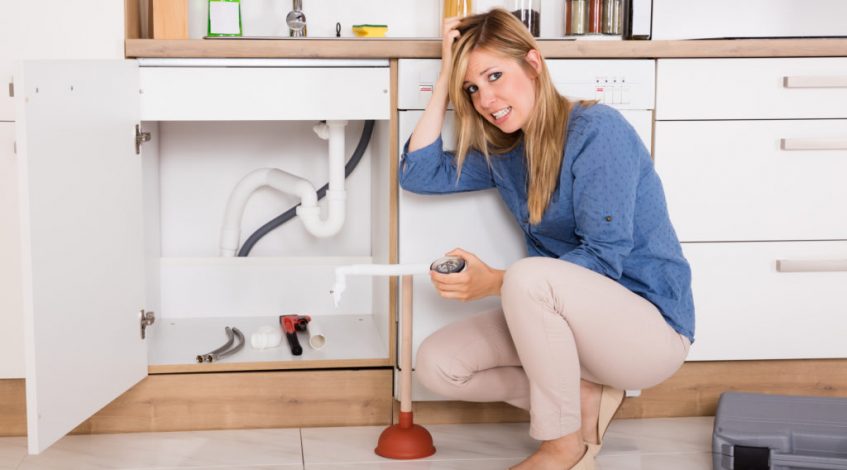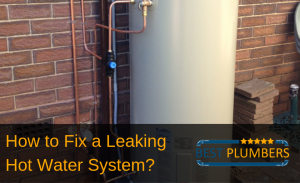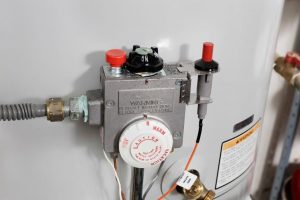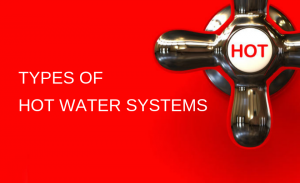Like many home improvements, some regulations are attached to DIY plumbing. These regulations detail what you are permitted to do by yourself and what you must call professional plumbers to handle. These regulations are not mere recommendations; rather, they must be followed under the Australian Law and Regulations. This is for your safety, only licensed plumbers can legally handle most plumbing problems, which can carry serious risks if not done correctly.
Due to the cost of plumbing services, sometimes people feel reluctant to call a professional. But the truth is that a small mistake during DIY plumbing may lead to the extra cost of repair by the professionals. So it’s best to be informed and only tackle DIY plumbing jobs you can confidently handle.
In this post, we cover some tips for DIY plumbing to help you understand what you are permitted to do and what you must call a local plumber to take care of. Read to the end!
What DIY Plumbing Can You Do Yourself?
These are the plumbing problems which you are permitted to handle by yourself.
- Shower head replacement
- Irrigation systems downstream from a tap, or an isolating valve.
- Changing a tap washer
- Replacement of caps on the openings on sanitary drains.
- Maintenance and cleaning of ground level grates to traps on the drains.
- DIY drain clearing with a plunger or drain snake
What DIY Plumbing Is Not Allowed?
According to the Australian law, you are required to call a licensed plumber to any work that deals with your sewer or drinking water system. For gas plumbing, you must use a plumber with a gasfitting licence and the works must include a gas compliance certificate to ensure it’s done to standard. Hot water system repairs are another no-no for DIY.
State regulations and DIY Plumbing
As well as the Australian regulations, what you can and can’t do also varies between states and territories. For example DIY bathroom waterproofing in Victoria is fine. However, in Queensland and NSW this is only legal if you have a license to do so. Here’s some more information relating to DIY plumbing in different states of Australia.
Be A DIY Plumbing Detective
Professional plumbers understand all the issues that may affect the plumbing and gas systems in your home. Without the right skills, DIY may result in a serious hazard. So beyond the very basics plumbing is best left to the experts. But there’s no harm in popping your plumbing detective hat on and doing some preliminary investigation of any problems. If you notice your water bill rising, turn off everything and see if your water meter is still spinning. Notice low hot water pressure? Check is it’s from one outlet or all hot water taps.
This information can help a plumber begin to diagnose common plumbing problems and provide guidance before they arrive.
Getting the right professional plumbing services: What to do?
Below are some tips which you should consider to find the best local plumber:
- Check their licenses
- Check for genuine reviews online
- Ask about upfront pricing
- Ask if they provide a workmanship guarantee
With all these considerations you can make a more informed decision to DIY or call a plumber to fix your plumbing problems.







